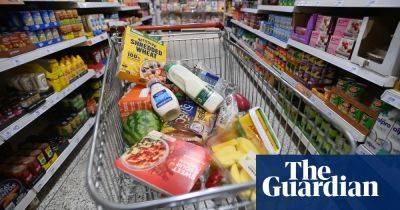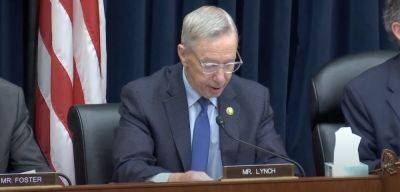Housing crisis drives £1bn-a-year boom in UK self-storage
Britons have packed away enough possessions to fill Buckingham Palace more than 60 times over as the housing crisis, enduring consumerism and a sentimental reluctance to let go of inanimate objects means self-storage is now on the brink of becoming a £1bn-a-year business.
Self-storage units are proving cheaper than renting or buying a bigger home and are springing up alongside new housing developments across the UK, with at least 280 more stores planned between now and 2026 – a more than 10% increase.
In 2022, UK households and businesses piled enough additional items into storage units to occupy more than 2m sq ft (185,000 sq metres), driving up revenues among operators – including Big Yellow and Safestore – by 6.5% to £990m, according to a study by the property agency Cushman & Wakefield and the Self Storage Association UK.
Amid increasing signs that shuttling to and from a self-storage facility is becoming a routine part of urban life for hundreds of thousands of people, two-thirds of customers now keep their unit for around two years and 16% stay for at least five years.
Self-storage gains from both sides of the online retail boom, hosting online retailers who dispatch products to consumers, who haven’t got room for them and so end up taking them to self-storage.
“Marvellous isn’t it?” said Kevin Prince, the chief executive of Space Station, who opened his first unit in 1997, now manages 14 units, and is about to add 13 more. “Long may that continue.”
The high cost of housing and shrinking residential floor space are key drivers of rising demand that is attracting global investors, not just in the UK but in other rent hotspots such as New York and California where people can pay $25,000 a year for a unit.
Demand is also
Read more on theguardian.com














